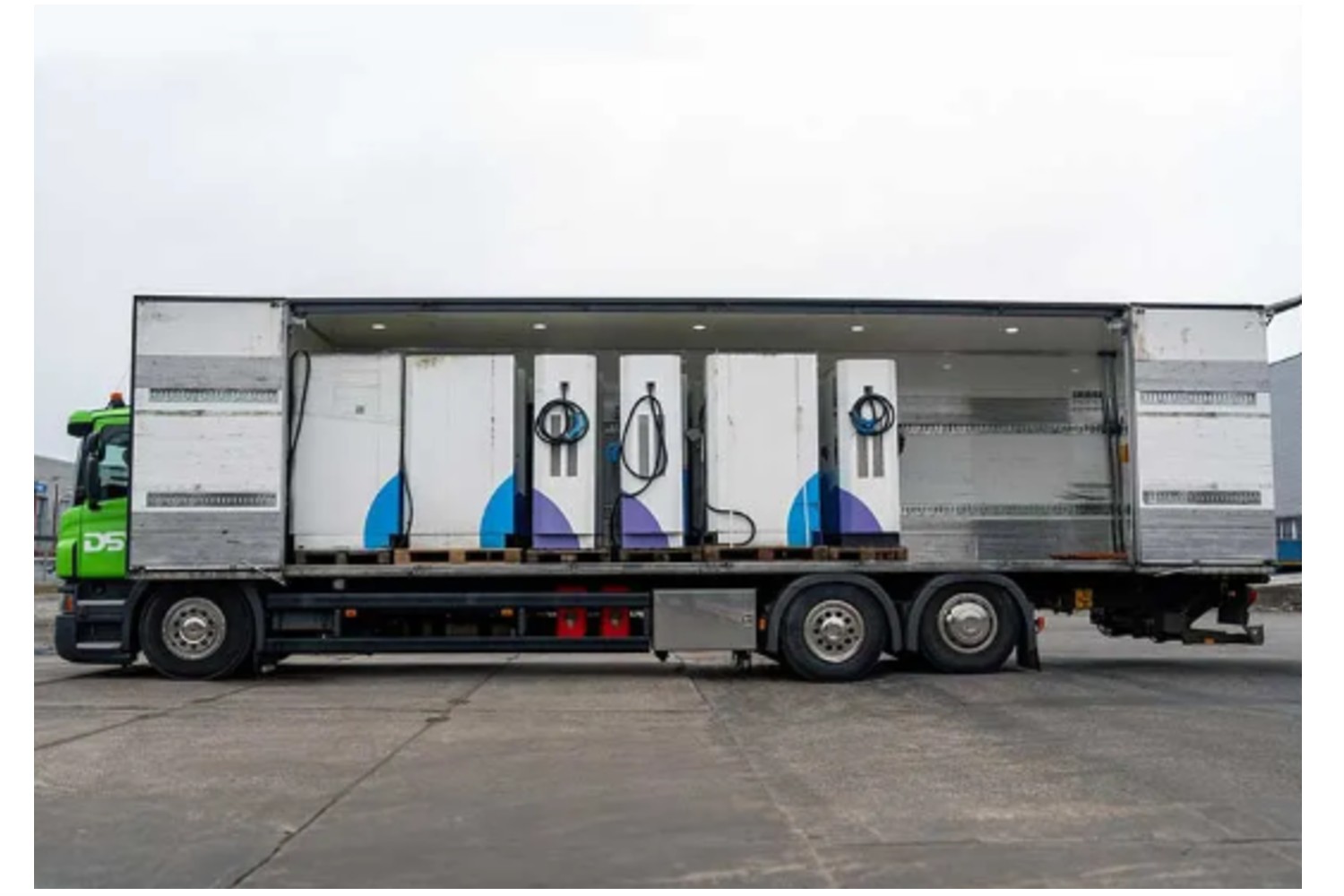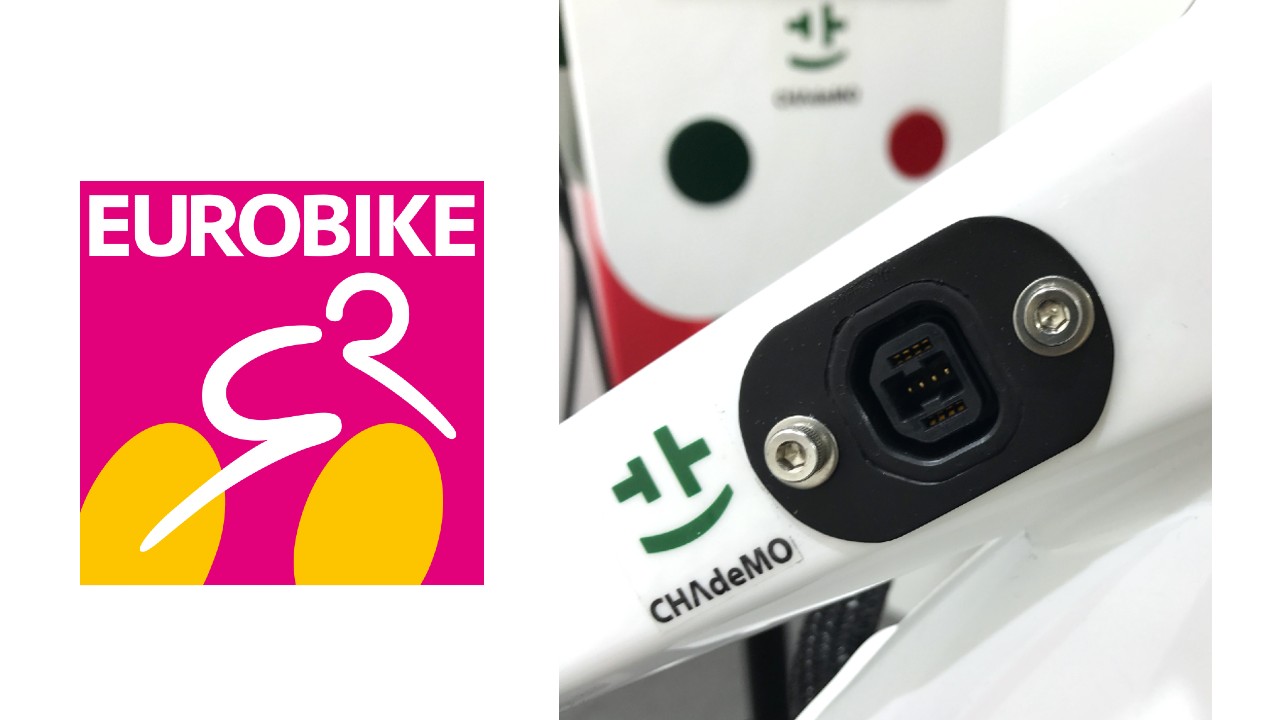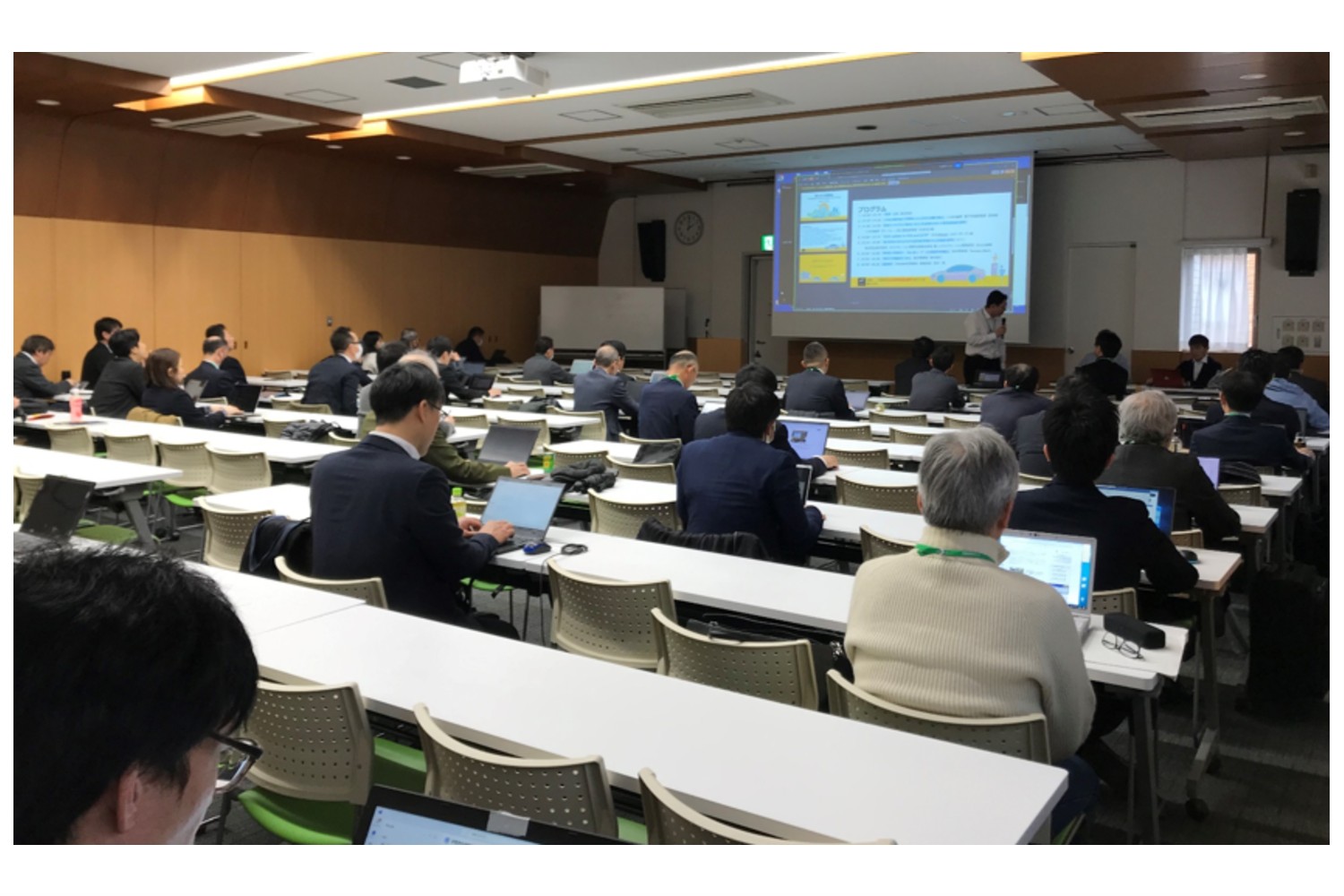In response to the European Committee’s proposal for a directive on the deployment of alternative fuels infrastructure, the Committee on Transport and Tourism of the European Parliament has prepared a draft report. While this draft is yet to be discussed by the distinguished members of the European Parliament in the coming months, as this shall be the base of these upcoming discussions, CHAdeMO Association wishes to express its reactions to the proposed wording of this draft report.
First of all, CHAdeMO Association welcomes the first reference to the CHAdeMO DC fast charging protocol in this draft. CHAdeMO is clearly recognised as the existing standard and an “alternative” connector to Combo2.
However, the draft’s suggestion that such adoption of CHAdeMO be “a time-limited transitional period ending on 31 December 2018” is problematic. This idea of a potential “end date” in mere five years has triggered a great deal of concerns and questions among e-mobility investors that have brought about some unfavourable reactions in the markets already. In fact, some EV fast charging infrastructure projects are stalling or delayed here in Europe. Five years obviously is not long enough to convince investors to support CHAdeMO in the long term.
The suggested time-limited period is also causing unnecessary confusions about the future of fast charging infrastructure already installed. Existing CHAdeMO-enabled EVs will need to be serviced for a period of 10+ years at least, and the existing infrastructure and related charging service businesses will need to continue accordingly.
These question marks would inevitably risk the overall EV market to stall, since CHAdeMO is the only widely commercialized and readily available DC fast charging technology today, and there is no other type of fast chargers that is proven to be reliable for public installation or EVs equipped with such technology.
The industry is aligned on the principle that the dual-standard chargers should be the way forward. A number of European charger manufacturers have already developed and released dual-standard chargers that can service all EVs equipped with different types of fast-charging standards including CHAdeMO. Such dual-standard chargers shall be welcomed by the 27,000 current CHAdeMO-enabled EV users and by all future users in Europe, as more charge stations mean more charge points for all. This shall be a good solution for investors in the public charging business as it will enable them to recover costs faster. The automakers shall also welcome this, as the lack of charging infrastructure will no longer be an issue for their EV business.
CHAdeMO Association believes that such dual-standard chargers equipped with both CHAdeMO and Combo2 should be the European standard. We sincerely hope that the European Union will duly support this industry initiative.




